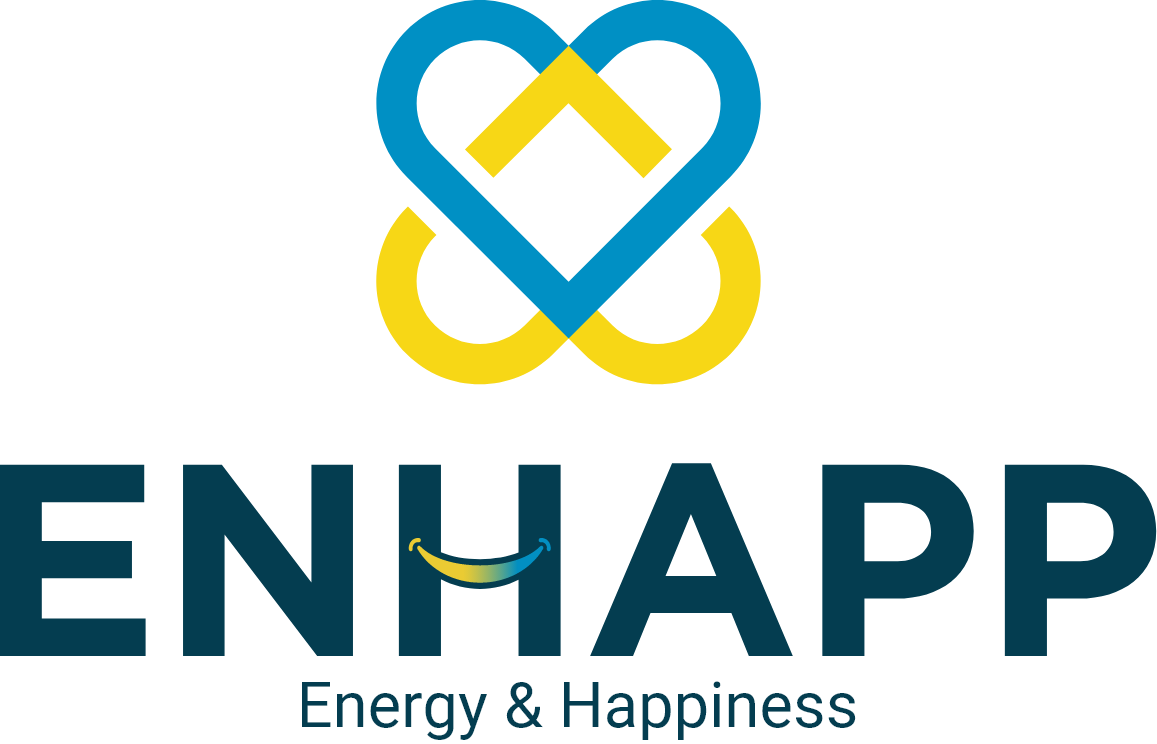Your baby is solely dependent on you to supply all the nutrients for its growth, energy and development. Any nutrient deficiency in the body obviously has an effect on your overall health, as it compromises the ability to maintain pregnancy and nourish your growing baby.
Everyone associates pregnancy with calcium and calcium rich foods for pregnancy. You must have heard the term “eat for two” which seems very appealing but to ‘eat the nutrients for two’ seems downright daunting because a woman’s calcium requirement doubles during pregnancy.
Importance of Calcium for Pregnancy –
- Crucial for growing strong bones, teeth and nails
- Functioning of all muscles, including heart beat & blood clotting
- Nerve development
- Enzyme activity
- Production of breastmilk during breastfeeding
- Manages hypertension and diabetes
Great sources of calcium –
- Dairy products/ grass fed dairy products
- Hard cheese
- Dark green leafy vegetables like spinach, kale, Bok choy
- Canned salmon and sardines (with bones)
- Sesame seeds (try tahini and hummus)
- Most soy products (calcium fortified tofu and whole soy beans)
- Whole grain products
- Dried peas
- Dried figs
- Black strap molasses
- Almonds
- Brazil nuts
Richest sources of calcium –
- Milk
- Yogurt
- Parmesan cheese
- Skim milk powder
Vegan sources of calcium –
- Oat drinks
- Calcium set tofu and all soy products
- Pulses
- Broccoli, cabbage, kale, collards
- Raisins, prunes, figs, dried apricots
- Tahini and hummus
Amount of calcium needed for your pregnancy diet –
While you are pregnant you will need at least 1000 mg of calcium per day. If you’re 18 and under you will need 1300 mg of calcium per day to build your body for a healthy pregnancy.
It is recommended to consume 3-4 servings of calcium per day, but the number of servings is dependent on your sources. If they aren’t rich sources of calcium, you may need more.
Calcium levels in food sources –
- 1 ounce/283 g of parmesan cheese (grass fed cheese) gives 250 mg of calcium
- 1 tsp/ 5g of sesame seeds gives 90 mg of calcium
- 1 tbsp of tahini which is nothing but sesame seed butter gives 63 mg of calcium
- 1 can of sardine gives 370 mg of calcium
- 1 cup of kale gives 94 mg of calcium
- 1 cup of broccoli gives 178 mg of calcium
- 3 ounces/85g of salmon gives 180 mg of calcium
- 1 ounce of plain yogurt gives 51 mg of calcium
So, you see it’s not difficult to get calcium from your food sources now.
Symptoms of calcium deficiency in pregnancy –
- Early morning insomnia/ loss of sleep
- Muscle cramps
- Brittle nails
- Tooth decay
- Bone loss
- Red and purple spots all over the body
- Twitching of the eyes
- Pin/ needle pricking sensation near the mouth/ hands/ feet
Complications of calcium deficiency in pregnancy
- Pre-eclampsia/ hypertensive disorders: Low levels of calcium in pregnant women increases the risk of pre-eclampsia. Studies show pregnant women could reduce the risk of pre-eclampsia by 31-65% if they consumed calcium rich foods for pregnancy each day.
- Pre-term birth: Calcium deficiency can result in pre term birth due to high uterine muscle contractions. Including calcium rich foods for pregnancy reduces smooth muscle contractility and prevents preterm labor and delivery.
- Bone changes: Poor bone mineral density due to low calcium and vitamin D intake during pregnancy puts pregnant women on increased risk of low bone mass and later developing osteoporosis. Research shows that including calcium rich foods for pregnancy or calcium supplement provides protective effect against bone loss during pregnancy.
Tips to increase calcium absorption in the body –
- Add low fat cheese to salads and sandwiches, toss toasted nuts or seeds over salads and steamed vegetables.
- Incorporate skim milk powder into baked goods, soups or smoothies.
- Combine egg yolks, parmesan cheese, yogurt and cheese with the calcium rich foods you consume.
- Substitute milk with water to cook pasta, rice, oatmeal etc.
- Simply enjoy a glass of milk and give yourself a dose of sunshine, because Vitamin D is the best friend of calcium and the best source of vitamin D is sunlight.
- Do not take calcium and iron supplements together.
- Avoid caffeine or caffeinated beverages with calcium supplements, try to reduce the consumption of coffee and tea as much as possible.
Bottomline
Pregnancy nutrition is not only associated with calcium, there’s a whole lot including folate, iron, zinc, magnesium, vitamin b, vitamin C, iodine and essential fatty acids with calcium being the top priority here.
The best way to meet your calcium needs is through a healthy and balanced diet including all calcium rich foods for pregnancy, but if you think you are not getting enough and experiencing symptoms of calcium deficiency, it’s time to talk to your doctor about adding a calcium supplement to your diet.
Before taking supplements keep in mind that prenatal vitamins contain varying amounts of calcium starting from 100 – 200 mg and your body best absorbs calcium in lower doses at a time. Let’s not forget Vitamin D to absorb calcium so be sure you also get enough vitamin D in your pregnancy diet.
As we know, calcium does not work alone, it needs Vitamin D, magnesium and weight bearing exercise which plays a major role in pregnancy. Make sure you get them right!
Enjoy these calcium rich foods for pregnancy to build your baby bump in a healthy way.
Written by Aishwarya Deepika, ENHAPP Nutritionist & Wellness Coach.




